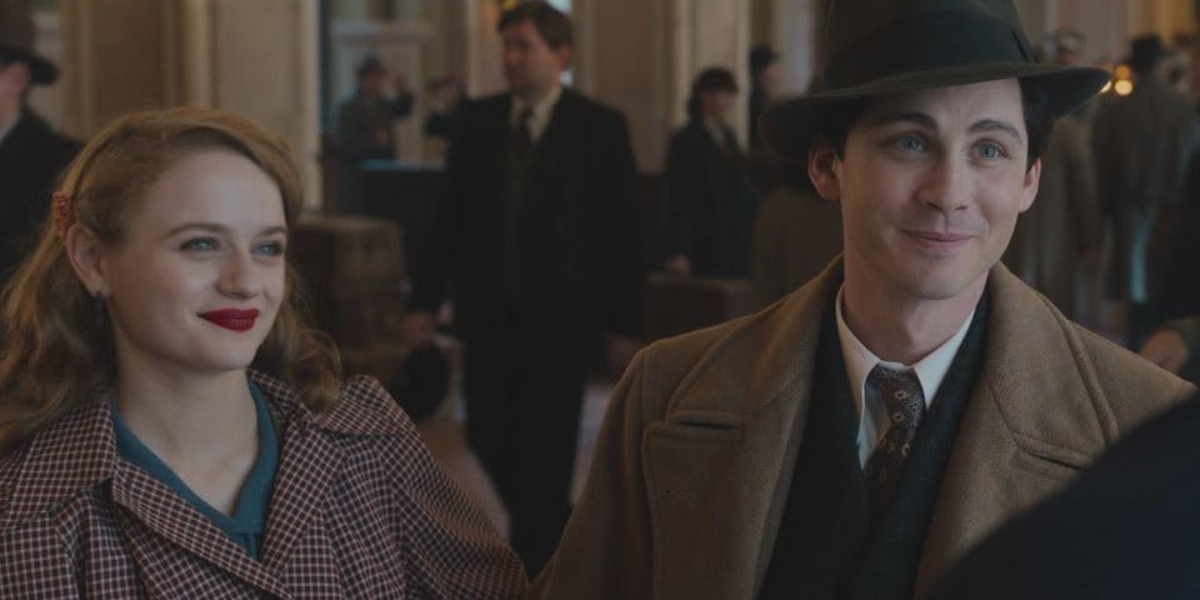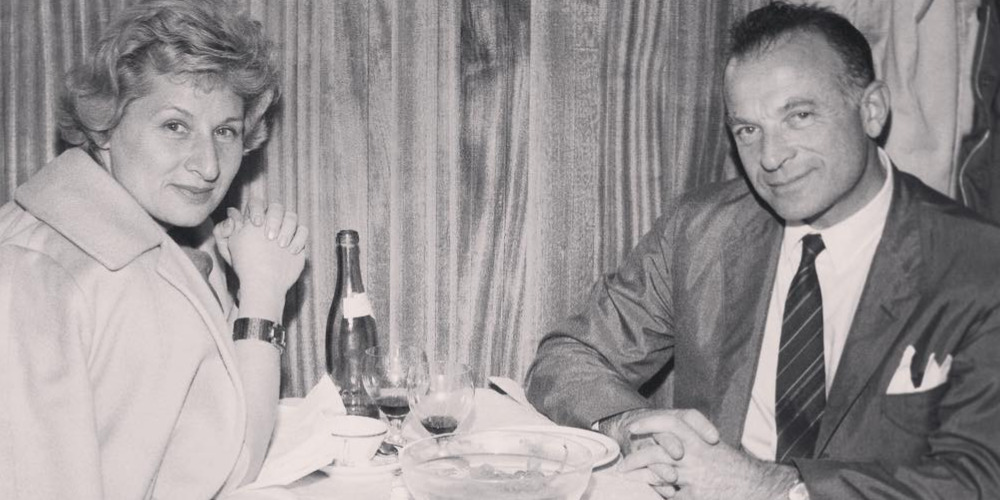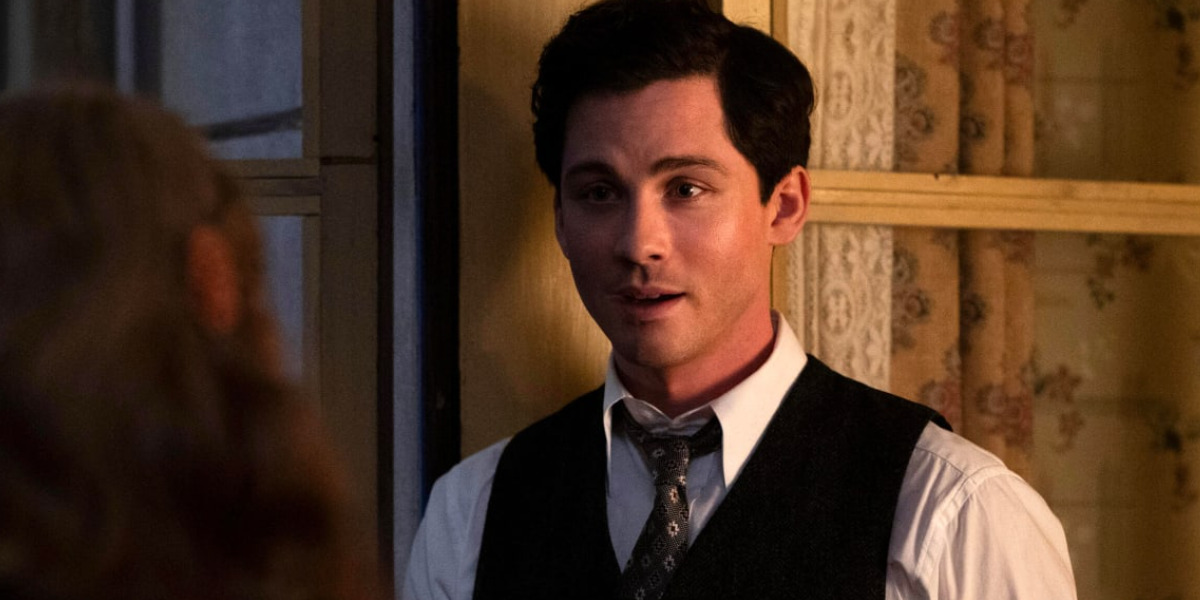The Hulu show, ‘We Were The Lucky Ones,’ takes the viewers on an emotionally moving journey revolving around a Jewish family during and in the aftermath of World War II. The show follows the Kurc family as they face Nazi Germany’s invasion of Poland, plummeting their lives into a dangerous fight for survival. The story is equipped with multiple narratives— scattered across different cities and continents— from Genek and his wife, Herta’s horrifying time in a concentration camp, and Sol and his family’s factory days to Addy’s troubling venture into a Nazi-sympathizing region. As such, the series records the experiences of different Kurc siblings and their families as they strive for survival and dream of reunion.
In providing an expansive account of the Kurc family and their varied experiences, the show presents a rich historical tale that spans years and countries to deliver a depiction of Nazi Germany’s inhuman impact on the Jewish population. Consequently, the Kurc family becomes a natural topic of curiosity, with the show inviting viewers to wonder about the Jewish family’s ties to reality.
A Record of The Kurc Family History By Georgia Hunter
‘We Were The Lucky Ones’ is based on an eponymous 2017 novel by Georgia Hunter, wherein she chronicles her family’s lived history, starting from the spring of 1939, as a damning war looms over Poland. In her book, Hunter pens her ancestor’s history through the perspective of numerous characters stuck in different situations. One of the perspectives within the novel belongs to her grandfather, Addy Kurc, who, in many ways, inspired Hunter’s sizeable literary and historical expedition.

Hunter was unaware of her Jewish ancestry for the first fifteen years of her life. Hunter’s grandfather, Addy— who changed his name to Eddy Courts— hailed from a family whose collective survival is considered a fortunate statistical anomaly. Yet, the woman never heard her grandfather speak of his past experiences. Therefore, it wasn’t until a year after his death that a school ancestry project led Hunter to interview her grandmother and learn about Eddy’s past as a Jewish Polish man who survived the Holocaust.
Still, Hunter’s grandmother only knew so much about Eddy’s past, leaving many blank pages for the woman. Consequently, as 2000 brought a Courts Family reunion in Massachusetts, Hunter— now a university graduate— found further answers through anecdotes and stories the extended family shared with her. Even so, while the woman remained intrigued by her family history, it took a few years for her to commit to the idea of recording the same in writing.
However, Hunter left no stone unturned in bringing it to fruition once the idea took hold. She carried no initial motives of penning a novel for the masses. Instead, the story stemmed from the intention of capturing her family history in a tangible book that would honor her ancestral past.
“I knew it would involve a lot of travel (the family is very global!) and a lot of research, which was daunting,” Hunter told Sound Watch in an interview about her book. “But once I put a stake in the ground and set off for my first interview, I knew it was something I really wanted and needed to do. I went into the project as a family historian with the goal of honoring my relatives and capturing the story for the family and for future generations.”
Consequently, a section of Hunter’s research depended on reliable oral accounts of the Kurc siblings passed along by their kids and grandkids. Her fact-finding journey took her far and wide, from American cities, such as Seattle, Miami, and San Francisco, to reunions in Tuscany and cousins in Rio. Felicia, from Paris, offered an invaluable source as the only surviving family member with first-hand experience of the war. Less than a year old at the time of Hitler’s invasion, the woman’s story remained heartbreaking and hopeful in one stroke.
“It was hard,” Hunter told CT Post regarding her conversations with Felicia. “I took a very gentle approach with her. She spoke in a very black-and-white manner. It was— this is what I had to do to survive.” As such, Hunter’s research within her own family’s background— one of the most authentic sources— remained expansive and exhaustive.
Historical Records Of The Era And The Kurcs
Within her novel, Hunter wanted to capture historical authenticity to infuse the account of her family’s past with as much realism as possible. The chase after the history of one particular Kurc sibling, Genek, took the author to a Yahoo group— which led her to the archives of Stanford University’s Hoover Institution, which held a handwritten autobiographical letter essaying Genek’s story.

The author’s resolve to confirm historical accuracy through historical records didn’t stop there and charted another investigative dive. Thus, she undertook additional research into historical accounts. “Along with these oral histories, I reached out to archives, ministries, museums—anywhere I hoped might have a relevant record,” Hunter shared.”It’s amazing how many records exist and how more and more are becoming available every day.”
Alongside the more tangible source materials, Hunter also delved into the various resources the internet had to offer, venturing into sites such as JewishGen, Yad Vashem, and The International Red Cross, among various others. Furthermore, she employed the help of translators to examine old letters and documents as well as send out queries.
The author also journeyed to many of the places mentioned within her novel to immerse herself in the surroundings. In a conversation with Penguin Random House, she spoke about her trip to Poland and Austria with her husband and shared, “We spent a full day walking the streets of the family’s hometown, Radom, with a local historian, which was not only extraordinarily moving— but also helpful in understanding what “home” meant to my relatives before their worlds were turned upside down.”
Thus, incorporating every piece of information she found in her research, Hunter piled up her family’s story into a book. Rather than a non-fiction document, she chose a novel format to ensure her readers learn about the Kurcs story as an immersive and visceral experience. Therefore, the author could better convey the reality of what it meant to be Jewish as the Second World War was unfurling.
If, in doing so, Hunter had to imagine minuscule details and personal thoughts surrounding her characters to fill in the gaps in the book’s continued narrative— she ensured even those remained educated estimations. “I wasn’t around to experience the Kurcs’ remarkable saga myself, but it was the “unbelievability” and statistical improbability of their story that drove me to unearth and record it,” said the author.
Read More: Holocaust Movies on Netflix


You must be logged in to post a comment.